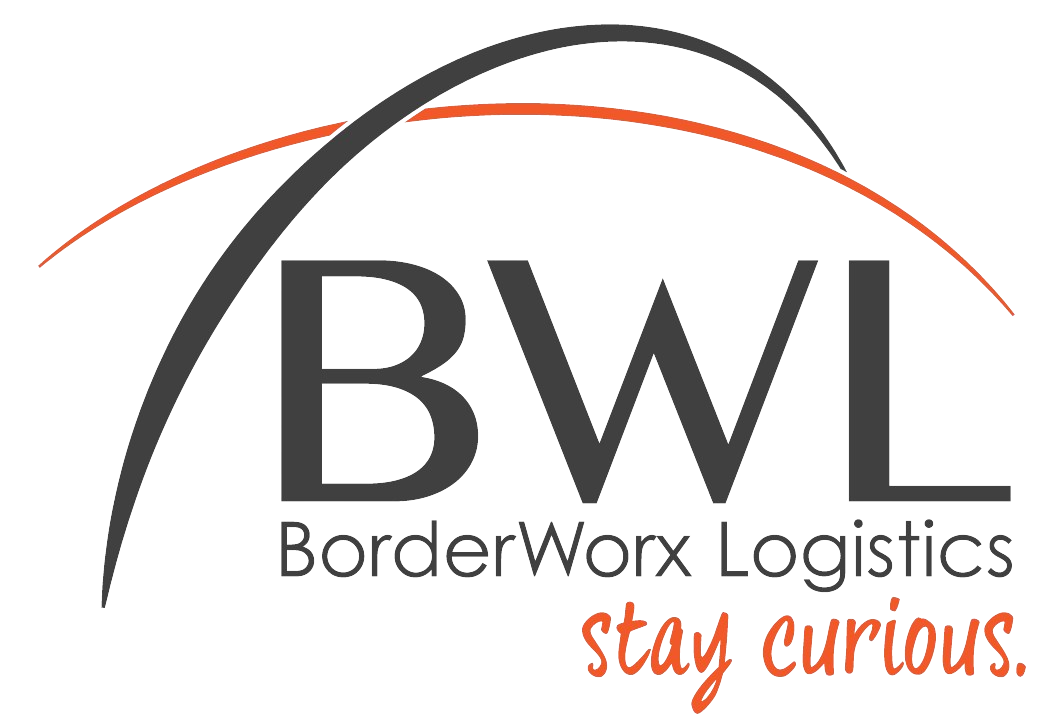A Foreign Trade Zone (FTZ) is a designated location within the United States or Canada where goods can be imported, stored, and manipulated under specific customs regulation procedures that differ from those in place in the rest of the country. These zones are established to encourage international trade and investment, with the ultimate goal of boosting economic growth and job creation within the host country. While the specific regulations and benefits can vary between the United States and Canada, the overarching concept and advantages are similar.

Understanding Foreign Trade Zones
In the United States, FTZs are secured areas under U.S. Customs and Border Protection (CBP) supervision that are considered outside of the CBP territory for the purposes of customs duty payment. Goods brought into these zones may be exported, destroyed, or shipped into the United States proper after duties have been paid. These zones were created under the Foreign-Trade Zones Act of 1934 to expedite and encourage foreign commerce.
In Canada, similar areas are known as Foreign Trade Zones or Free Trade Zones. They offer benefits under various programs, each aimed at promoting Canadian exports and reducing costs for businesses involved in import-export activities. The government of Canada, through the Canada Border Services Agency and other agencies, provides mechanisms for duty deferral, relief, and exemptions similar to those in the U.S.
Benefits for Businesses
The establishment of FTZs offers a range of benefits to businesses, making them an attractive option for companies involved in international trade. These benefits include:
- Duty Deferral and Reduction: Companies operating within FTZs can defer paying customs duties until their goods are moved out of the zone for domestic consumption. In some cases, if the goods are re-exported from the zone, no duties are payable at all. This can significantly improve cash flow for businesses.
- Duty Elimination on Waste, Scrap, and Yield Loss: In the production process, any waste or scrap can be disposed of without paying duties. Additionally, duties are only paid on the final product, which can result in lower duty payments if there is a yield loss during manufacturing.
- Tariff Inversion: If the duty rate on imported components is higher than that on the finished product, assembling the product within an FTZ can result in lower duty payments when the finished product enters the domestic market.
- Streamlined Logistics and Operations: FTZs offer more flexible control over goods, allowing companies to streamline their operations. Goods can be stored, tested, sampled, and repackaged with minimal customs intervention, reducing delays and lowering costs.
- Enhanced Security: As these zones are under constant surveillance and subject to specific security requirements, businesses benefit from enhanced security measures for their goods.
- Exemption from State and Local Inventory Taxes: In many cases, goods stored in FTZs are exempt from state and local inventory taxes, offering additional cost savings to businesses.
- Improved Compliance and Inventory Tracking: FTZs require rigorous record-keeping and inventory tracking, which can improve a company’s compliance posture and inventory management practices.
Foreign Trade Zones in the United States and Canada serve as pivotal mechanisms for promoting international trade by offering a host of financial and operational benefits to businesses. By alleviating duty and tax burdens, enhancing logistics efficiency, and providing financial incentives, FTZs encourage companies to engage in global trade activities, thereby supporting economic growth and job creation in their respective countries. For businesses looking to expand their international footprint, leveraging the advantages offered by FTZs can be a strategic component of their global trade strategy.
Borderworx has embraced the concept of the Foreign Trade Zone (FTZ) to facilitate smoother, more efficient international trade for businesses. By operating within an FTZ, we offer a strategic advantage to companies looking to navigate the complexities of importing and exporting goods across borders.
Leveraging the benefits of an FTZ, we provide a suite of services that can significantly reduce the costs and complexities associated with global trade. These services include duty deferral, duty reduction, and the potential elimination of duties on goods that are re-exported. This can lead to substantial cost savings for businesses, improving their bottom line and enhancing competitiveness in the global market.
